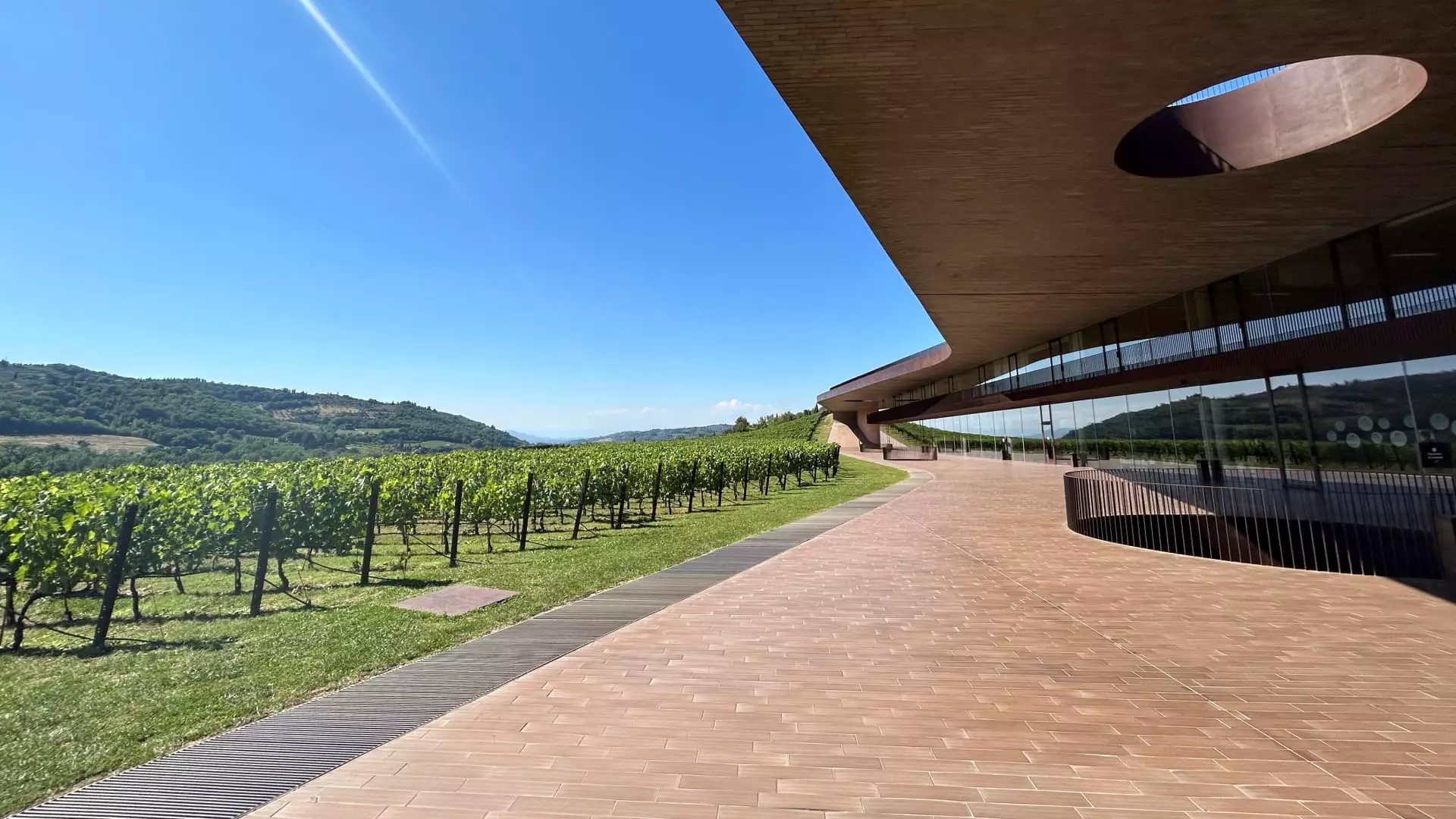The wine harvest in Santorini is facing dire circumstances as local winemaker Yiannis Paraskevopoulos is predicting a significant decrease in production due to extreme temperatures. The indigenous Assyrtiko grape, crucial for the island’s fine white wines, is at risk of extinction by 2040 based on estimates from Gaia Wines. Global wine production saw a 10% decline in 2023, hitting its lowest level in over 60 years due to adverse weather conditions affecting vineyards across Europe, especially in Greece, Italy, and Spain.
The rise in extreme climactic conditions has forced wineries to reassess their production methods in light of the challenges posed by climate change. The increase in production costs is already affecting the consumer market, with wine consumption decreasing annually by 2.6% in 2023. Higher prices due to production and distribution costs are leading to a decline in wine consumption, posing a significant threat to the industry.
To combat the challenges posed by climate change, winemakers are implementing new strategies to adapt to the shifting environmental circumstances. Techniques such as altering vineyard directions to increase sun exposure, raising trellises for better air circulation, and planting grass between vines are being employed to enhance production quality. Winemakers are also becoming more efficient with water usage and altering harvest times to respond to earlier seasons.
Despite efforts to adapt, winemakers are still grappling with the uncertainties of climate change. The historic vineyards in Santorini, grown in traditional baskets to protect against harsh weather, are at risk of dying due to the changing climate. Increased tourism has also shifted focus away from traditional agricultural work, posing additional challenges to the industry. The future of European vineyards remains uncertain as winemakers strive to find solutions to combat the effects of climate change.
With the EU launching a high-level group on wine policy to address the challenges facing the sector, industry stakeholders are coming together to discuss potential solutions to mitigate the risks posed by climate change. The future of the wine industry, which employs millions of people and contributes significantly to the EU’s GDP, hinges on collaborative efforts to address the pressing issues of climate change and its impact on vineyards. The time to act is now before it’s too late for European vineyards.

